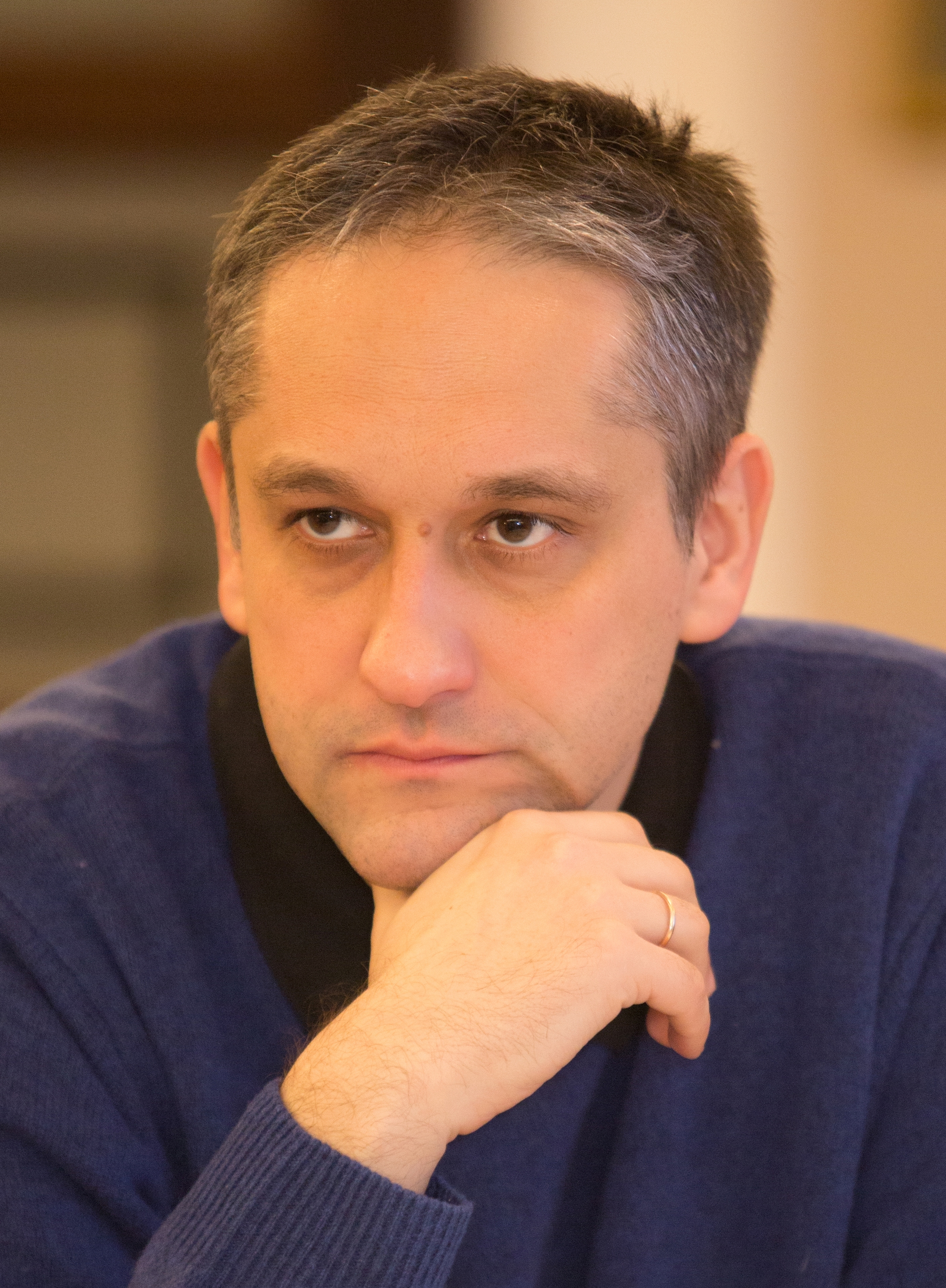Burkhanism, or White Faith, has significant number of followers in the Altai, a historical and cultural region in Russia, where Orthodox Christianity, Islam and Shamanism are also widely established. Originally a millenary movement, Burkhanism was born here in the beginning of the 20th century and soon grew in prominence as the political crisis in the Russian Empire was unfolding. As Bolshevik tightened the grip and imposed their ideology, however, the White Faith, that had been already seriously politicized by the October Revolution, eventually lost its ground and fell into oblivion. In the aftermath of the collapse of the Soviet Union, however, local Altai intelligentsia revived it in its efforts to have their national identity rediscovered. Unfortunately, the new leaders of White Faith seemed to seek political gains for themselves only. This has triggered an internal crisis within Burkhanism clergy and eventually put «folk religion» of Altai people to the brink of demise. Based on written sources on classical Burkhanism and interviews with its modern interpreters the given paper analyzes this modern crisis of White Faith and suggests that immature folk religions shall not allow themselves to be politicized, at least before they are strong enough organizationally and ideologically to participate in the political processes as equals.
Keywords: Burkhanism, Altai, Akai Kine, politicization, traditional beliefs
DOI: 10.22250/2072-8662.2018.2.12-20
About the author
 |
Maxim S. Mikhalev – PhD (Law), Post-doc fellow, Institute of Ethnology and Anthropology of the Russian Academy of Sciences; 32а Leninskiy ave., Moscow, Russia, 1119334; This email address is being protected from spambots. You need JavaScript enabled to view it.
|






